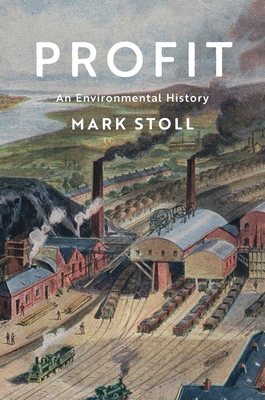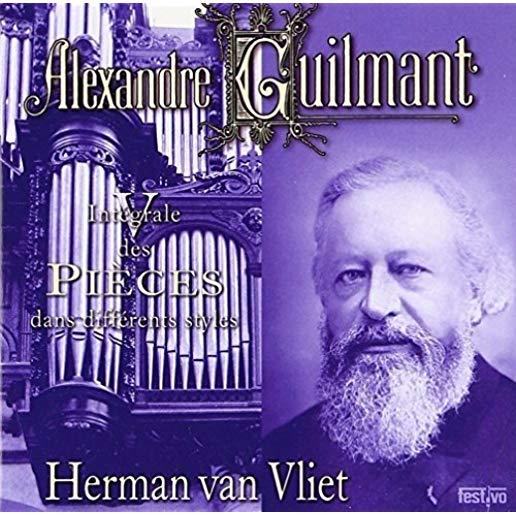
Historian Mark Stoll explains how capitalism supercharged this process and traces its many environmental consequences. The financial innovations of medieval Italy created trade networks that, with the European discovery of the Americas, made possible vast profits and sweeping cultural changes, to the detriment of millions of slaves and indigenous Americans; the industrial age united the world in trade and led to an energy revolution that changed lives everywhere. But when efficient production left society awash in goods, a new sort of capitalism, predicated on endless individual consumption, took its place.
This story of incredible ingenuity and villainy begins in the Doge's palace in medieval Venice and ends with Jeff Bezos aboard his own spacecraft. Mark Stoll's revolutionary account places environmental factors at the heart of capitalism's progress and reveals the long shadow of its terrible consequences.







